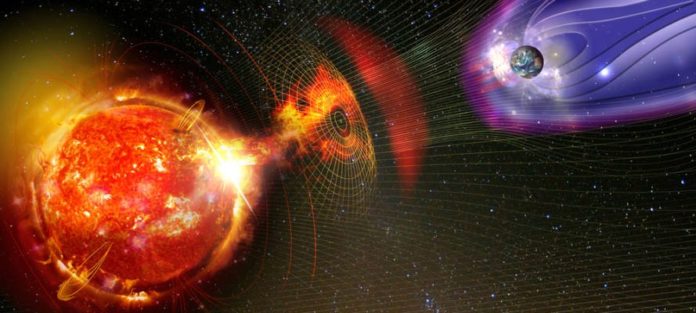Israeli researchers studied the entire US population and made a stunning discovery about what reduces cancer mortality.
Israeli researchers looked at radiation and cancer data for the entire United States and reaching a stunning conclusion that people living in areas with higher background radiation actually have lower incidents of some key cancers, Ben-Gurion University (BGU) reported this week.
The earth always has a low level of normal background radiation that comes from the sun and cosmic rays as well as from terrestrial sources. The BGU research team took massive amounts of data for radiation levels in the United States and how it affects the entire American population and cancer rates.
The scientists noted that since the 1960s, the general thinking has been that any radiation is bad, and as a result, hundreds of billions of dollars are spent around the world to reduce radiation levels as much as possible.
“We examined whether background radiation impacts human longevity and cancer mortality. Our data covered the entire US population of the 3139 US counties, encompassing over 320 million people,” said the report, written by BGU professors Vadim Fraifeld and Marina Wolfson and Dr. Elroei David of the Nuclear Research Center.
Their findings were stunning and showed that the traditional thinking about background radiation appears to have been completely wrong.
“Exposure to a high background radiation displays clear beneficial health effects in humans,” the scientists reported in their study that was published in the medical journal Bioge??rontology.
They found that higher background radiation levels lead to lower levels of lung, pancreatic and colon cancers in men and women as well as lower rates of brain and bladder cancers in men.
With higher radiation levels, life expectancy increased.
The team used the U.S. Environmental Protection Agency’s radiation dose calculator, retrieved data about background radiation from the entire country, and compared it with cancer rate data and life expectancy.
At the same time, they noted that the higher background radiation levels produced no decrease in leukemia or cervical, breast or prostate cancer.
“All in all, it is reasonable to suggest that a radiation threshold does exist, yet it is higher than the upper limit of the natural background radiation levels in the U.S.,” the researchers wrote, concluding that it is time to revise the apparently outdated thinking that all radiation is bad.
(United with Israel).






